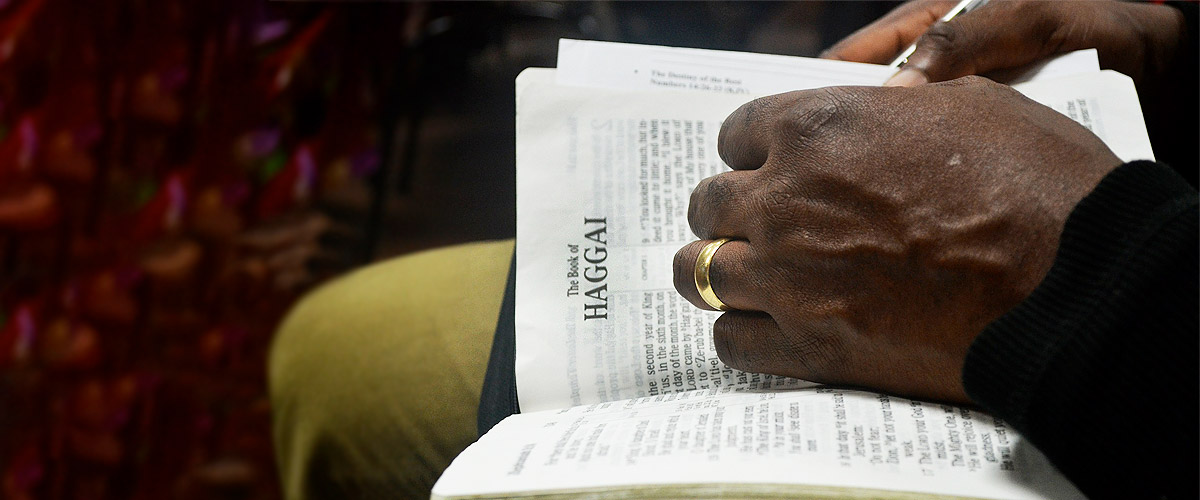Just because a book is categorised as ‘Christian’ does not mean it will benefit us. In fact, it could be harmful to our faith. How do we know which Christian books are trustworthy? In this post I’m focusing more on non-fiction (content-based) books.
Reading Christian Books is a Team Sport
In the early church, reading was a communal activity. They read and listened together, since no one carried Bibles and not many had private access to books. Therefore, they interpreted the words in community, with believers encouraging each other to apply what they read. Today, we are living in a lonely and individualistic culture with information-on-tap. This can be so unhealthy, because we end up isolating ourselves from true biblical community, and from the safety, discernment and wisdom found in a body of believers.
I have seen the immense benefit of having the perspective and sound advice of friends and elders in church over what is helpful to read, and to talk through what I have read. This isn’t to veto or control our reading habits, but to understand how reading can be a team sport.
C.S. Lewis…often read with friends and they wrestled through truth together.
Recently I finished a book dealing with C.S. Lewis and his friendships (see my ‘Goodreads’ profile for more). What struck me was how he lived his life in community. The books he read and ideas he had were shaped by the friends around him. He often read with friends and they wrestled through truth together. He understood these things are best done in team.
So my encouragement to you is to have a mature friend in Christ or leader or a group with whom you can share your reading habits. Reading shapes our thinking and our thinking shapes our living, and living for Jesus is designed to be done in community.
Prioritising ‘The Good Book’
When it comes to choosing good books, the book that should be in our hands most often is the Bible. We are guilty of not reading it enough. There is no substitute for drinking from the life-giving well of Scripture, especially the New Testament. If you want to begin to apply and understand the Old Testament, make sure you read it through the lens of the New first.
Christians get into all kinds of error…because their source is a popular teacher and not Scripture first.
I’ve seen Christians get into all kinds of error and extreme views because their source is a popular teacher and not Scripture first. Oh yes, they will read the Bible, but only through the lens of what their favourite author emphasises. Most of the Christians that hold to extreme views would be delivered from their error if they just drank deeply and consistently from the living well of Jesus and His Word. Reading the Bible should always come first for us. Which Bible translation is the best? As Billy Graham said, ‘The one you read’. Just read it in humility with the aim of getting to know and obey the Author better.
Along with this, the best books to read are the ones that will give us a love for the Scriptures. I recommend John Blanchard’s ‘How to Enjoy your Bible’, as one example.
No Perfect Authors
In choosing Christian books to read, we do so understanding that no author is perfectly infallible. Even the most trustworthy, household names only know in part and see in part. This means that, as readers, we have the responsibility of exercising discernment and learning to weigh up what is said!
I have benefitted immensely from John Piper’s insights and passion for God, but I find his 5-point Calvinism very hard to swallow. I love John Stott’s revelation on the person of Christ and his understanding of Christians and culture, but his view on the work of the Spirit today leaves me unsatisfied. I’ve enjoyed Bill Hybels’ outstanding books on evangelism, but I wouldn’t want to model the way he builds church.
My aim is not to give you a list of authors to avoid, but rather to give you some principles for choosing wisely.
I’m not mentioning them to dishonour them, but to highlight that we all have our areas of strength and weakness. So, for example, I would highly recommend The Cross of Christ by John Stott, but if you want a robust teaching on the work of the Spirit, I would rather you read Jack Deere, Wayne Grudem or Gordon Fee.
If you want recommendations on what to read, ask friends and church leaders who you can see have a vibrant, wise and consistent love of Jesus. Often they can point you to healthy resources. My aim is not to give you a list of authors to avoid, but rather to give you some principles for choosing wisely.
These are the principles that I’ve kept in mind over the years. Read, read, and read some more. But do it wisely.











